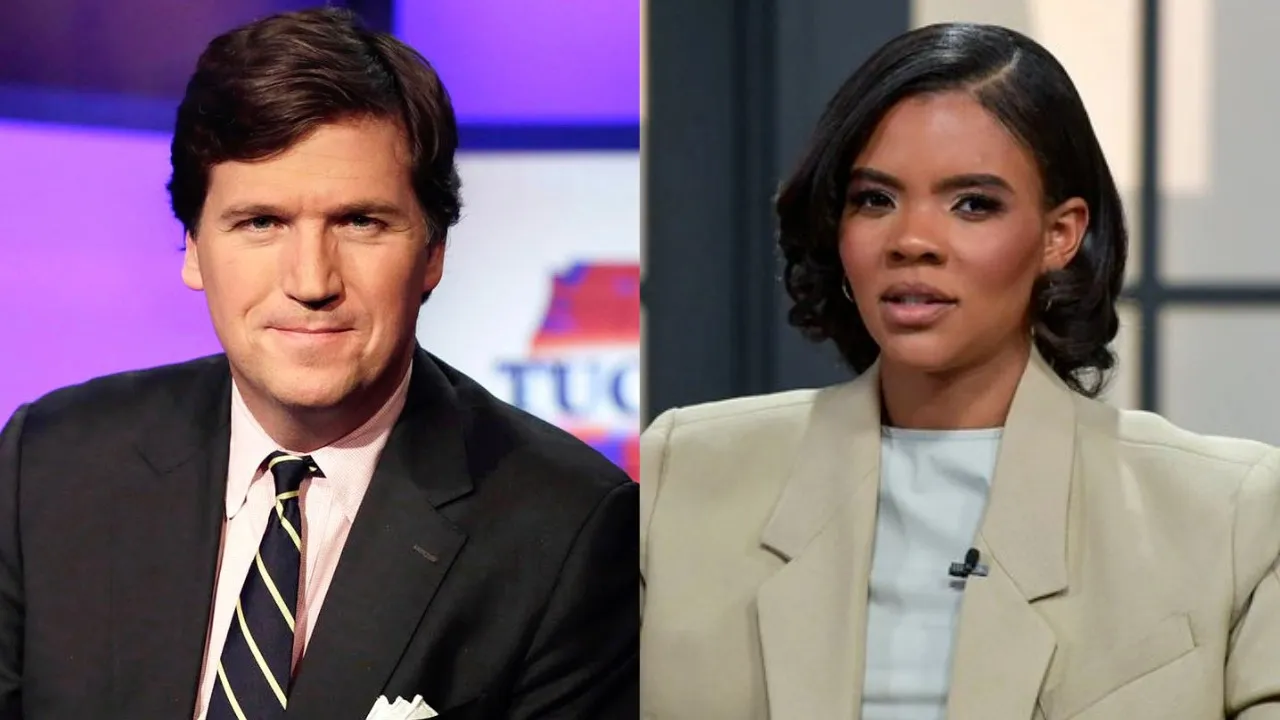
The announcement of this major change has not only affected ABC’s late-night programming but also sparked widespread debate about the future of late-night talk shows. With the success of Stephen Colbert, Jimmy Fallon, and Seth Meyers, who dominate the late-night talk show circuit with their liberal-leaning commentary, ABC’s shift toward conservative personalities is a surprising departure from the norm. Some are even calling it a response to the success of conservative platforms like The Daily Wire and Fox News, which have steadily gained viewership among right-leaning audiences.
Tucker Carlson’s presence on the new late-night show will undoubtedly bring his loyal following from Fox News, where he became a household name with his nightly commentary on politics, culture, and social issues. Carlson’s commentary often touches on controversial topics, from cancel culture to immigration, and he has developed a reputation for being outspoken and unapologetic. His transition to late-night television will likely appeal to viewers who appreciate his no-holds-barred approach to current events.
Candace Owens, on the other hand, has gained a massive following through her social media presence, political commentary, and her role as a prominent figure in the conservative movement. Known for her bold opinions on topics like race, identity politics, and the media, Owens will bring her sharp and unfiltered perspective to the new late-night show, offering a voice that appeals to those who feel their views have been marginalized in mainstream media.
The question now is whether this bold new direction will pay off for ABC. As the late-night television landscape becomes increasingly fragmented and politically polarized, ABC’s decision to take a chance on Carlson and Owens signals a shift in how networks approach the genre. Whether this move will attract new viewers or alienate existing ones remains to be seen, but one thing is clear: ABC’s late-night programming will never be the same again.

